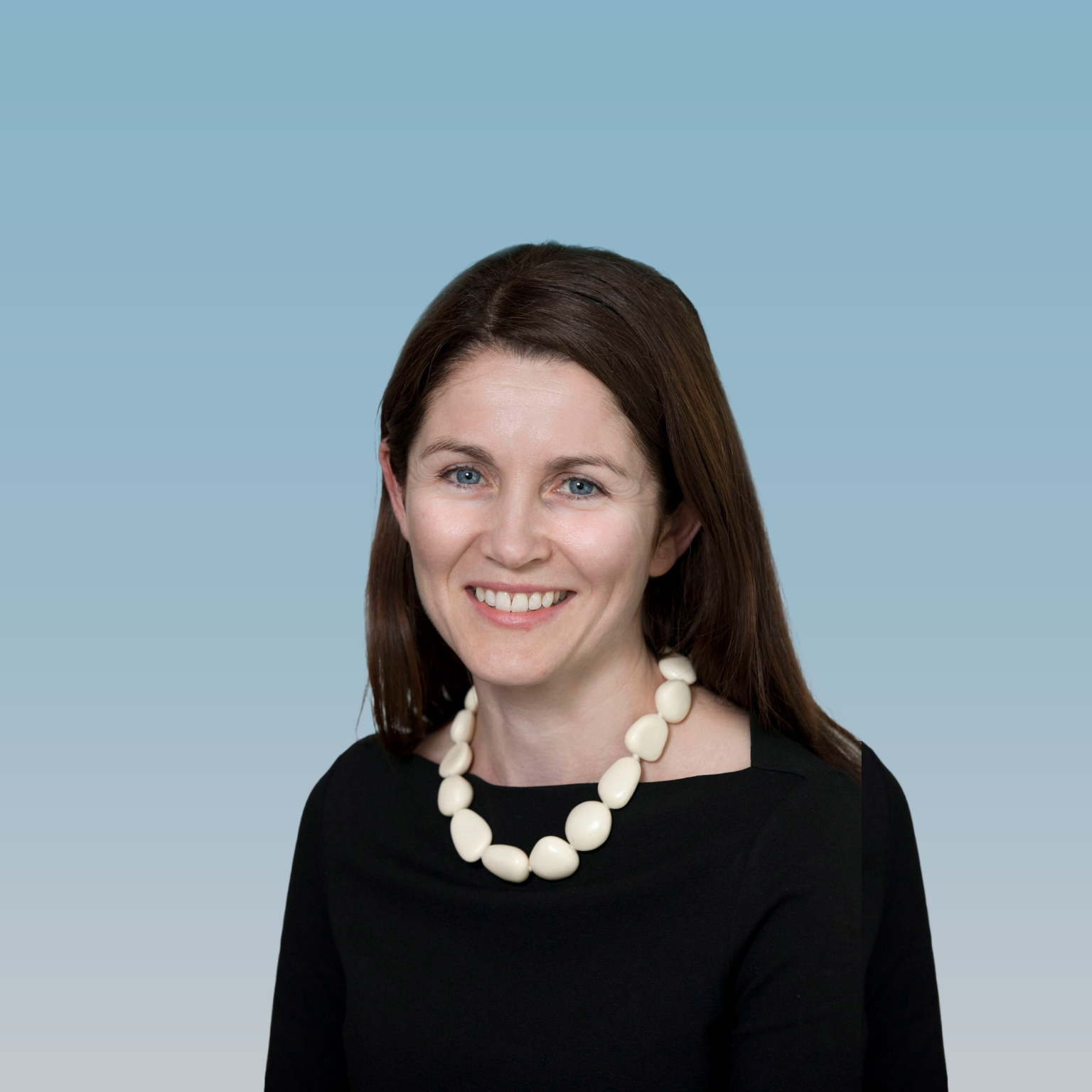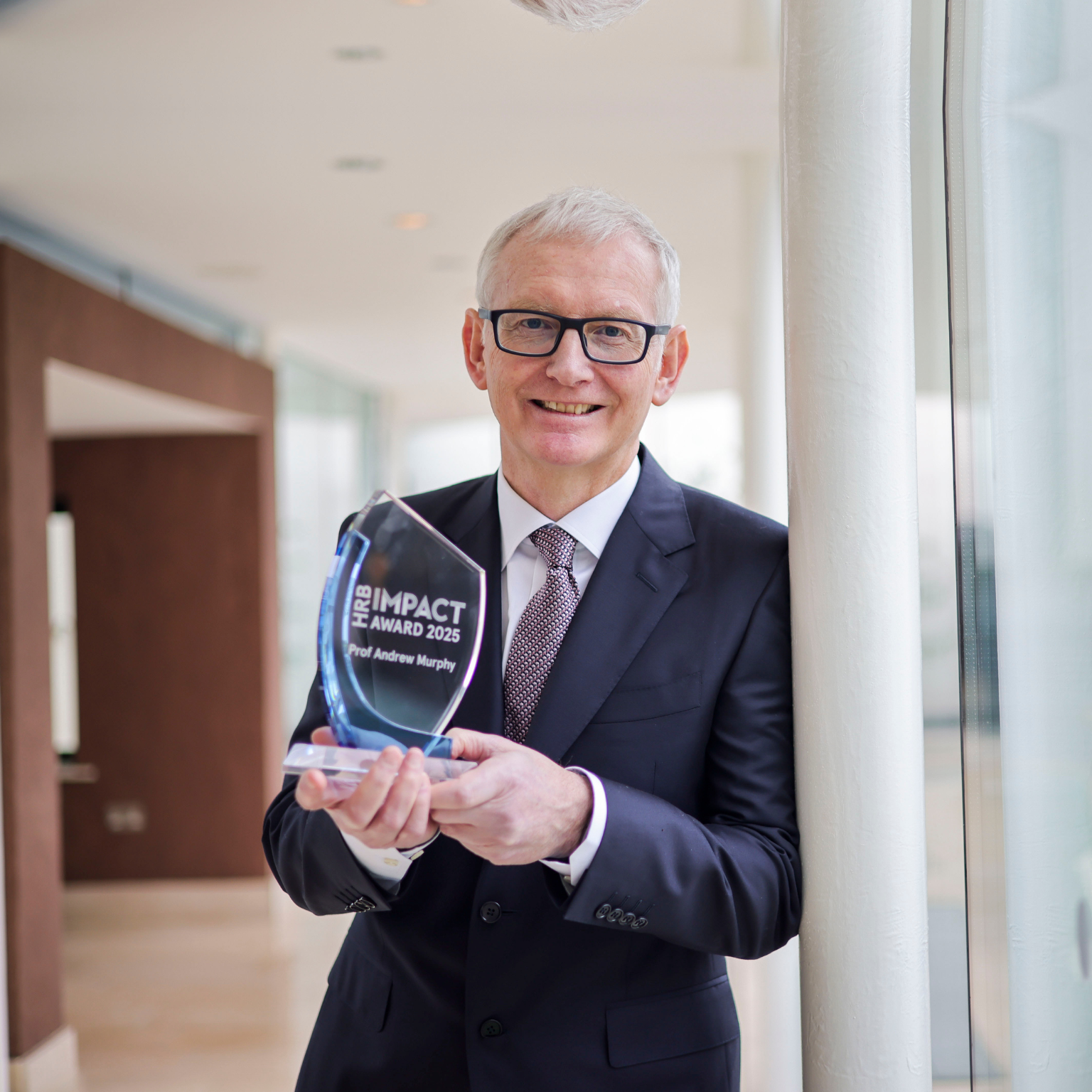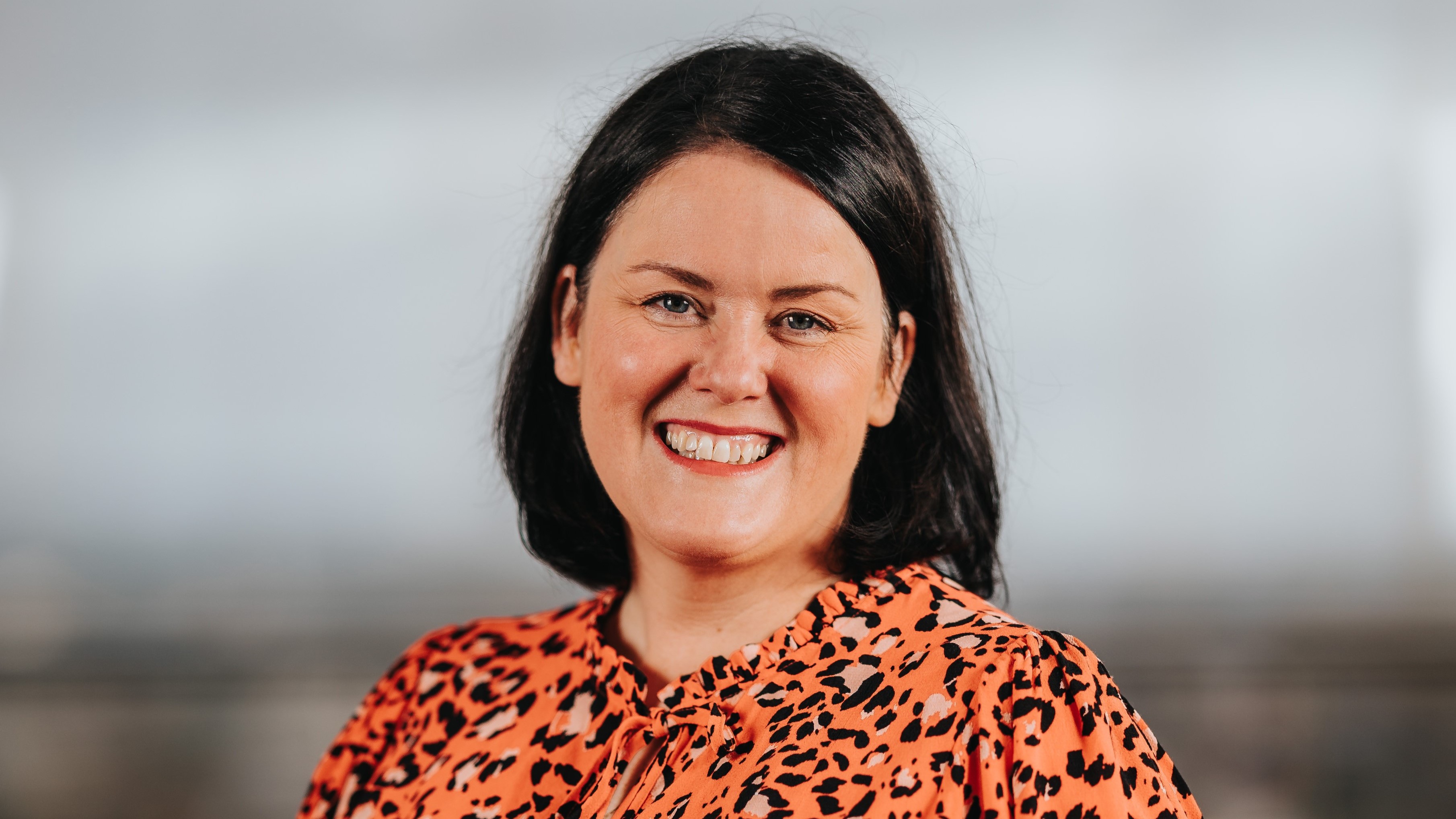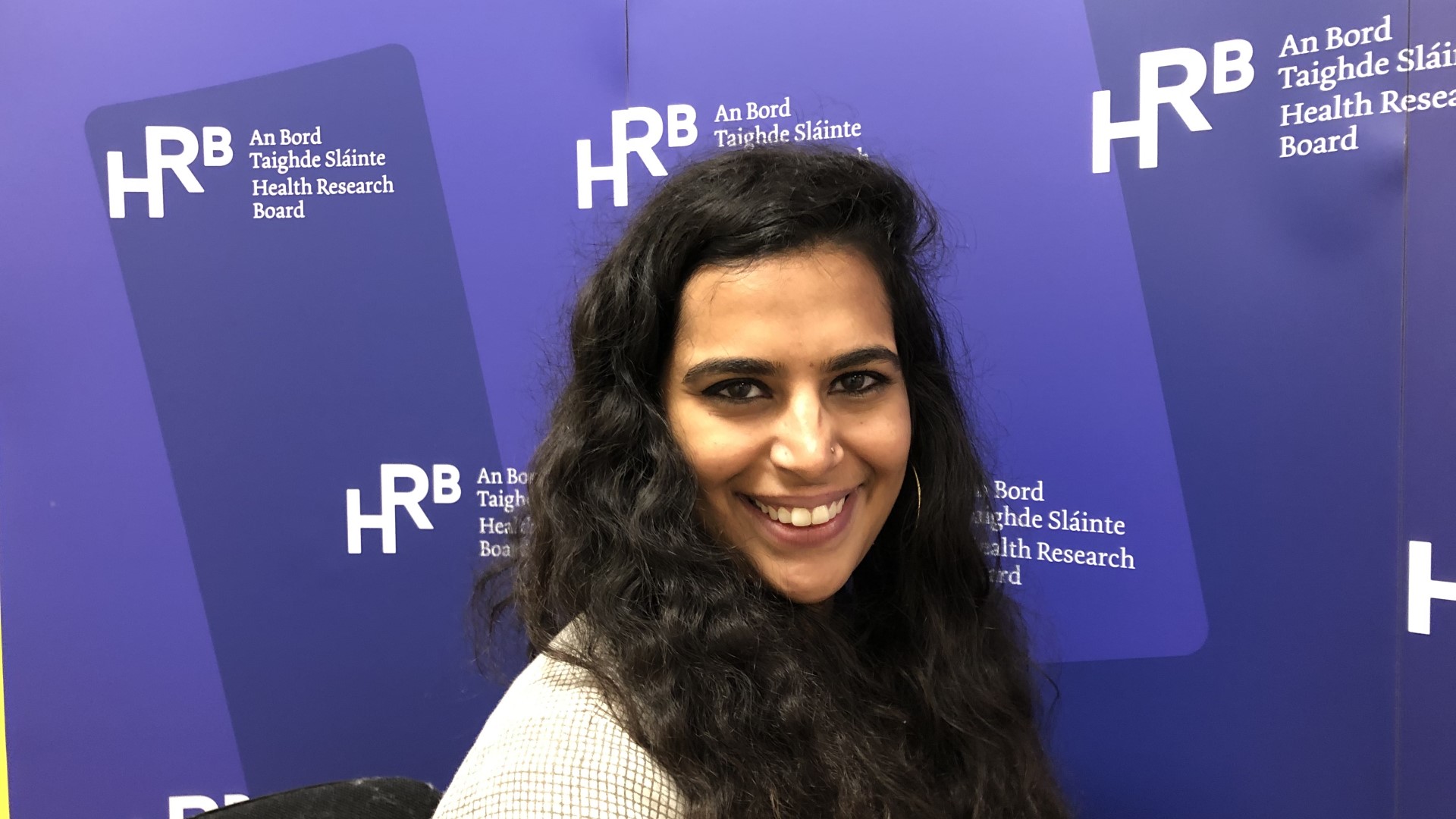Elaine Twomey: A high-fidelity approach to changing health behaviours
6 min read - 11 Aug 2017
It’s always a good idea to make the most of your summer holidays in college – and that is exactly what Dr Elaine Toomey did while studying physiotherapy at the University of Limerick. She spent around eight weeks working with Dr Susan Coote, who researches physiotherapy treatments for multiple sclerosis.
‘I really enjoyed it’, recalls Elaine. ‘What struck me was that when you are working clinically as a physiotherapist you are usually helping one person at a time, but through research you had the possibility of helping lots of people’.
When she completed her BSc in physiotherapy, Elaine decided to continue the research: again with Dr Susan Coote she looked at ways to help people with multiple sclerosis who could not walk. ‘We looked at using community carers as an additional support, paying carers to help people exercise at home’, explains Elaine.
By now a chartered physiotherapist with experience in research, Elaine decided to spend a year travelling and working clinically. She did voluntary work in Africa, helping children with developmental disabilities, and while in Zambia she saw an ad for a PhD project in University College Dublin. That brought her back to Ireland to work with Dr Deirdre Hurley and Dr James Matthews on improving self-management for people with low back pain.
‘During my PhD, I looked at the fidelity of these self-management interventions, so how we evaluate the studies and whether physiotherapists were delivering the interventions as described’, says Elaine. ‘And as I went on with the research I realised that what I enjoyed about it was studying the methods of research, and how to improve those’.
High-fidelity research
Her work on the transparency and fidelity of research and interventions has not gone unnoticed – last year Elaine won a Leamer-Rosenthal Prize for Open Social Science for Emerging Researchers from the University of California Berkeley,
‘I put in the application thinking I will never get that, they are in Berkeley, they don’t know me at all, but then I got it, which was amazing’, says Elaine. ‘And now I have a collaboration with the Berkeley Initiative for Transparency in the Social Sciences, looking to improve openness and transparency and trying to ensure that academic journals give people the space and platforms to be open and detailed about their research so that people can have as much chance as possible to reproduce it’.
Building such connections is part of Elaine’s work as a HRB Interdisciplinary Capacity Enhancement (ICE) post-doctoral research fellow, which she started when she moved to NUI Galway’s Health Behaviour Change Research Group.
‘As part of the ICE, they encourage you to develop your career and build networks, she says. ‘And I really like that I am working in a school of psychology now, where I am learning new skills that are applicable to physiotherapy and I am also bringing new insights and experience from my background into the team’.
Tackling childhood obesity
The main focus of her work on the ICE fellowship is to develop new ways of ensuring that babies and toddlers are fed in a manner that tackles childhood obesity. ‘Childhood obesity in Ireland is a massive issue, we are falling behind in European and global averages’, says Elaine.
‘It’s a complex problem and there are a number of factors that can influence childhood obesity, including when solid foods are introduced into a baby’s diet and what those foods are. We are looking at what we could encourage to change in that critical time between birth and two years, what pieces of the jigsaw can we help with’.
Elaine, who is based in NUI Galway and is supervised by Dr Molly Byrne and Professor Patricia Kearney, works with colleagues from University College Cork, Trinity College Dublin and other institutions on the CHErIsH (Choosing Healthy Eating for Infant Health) project.
The first step was a set of systematic reviews of existing studies, which showed that interventions to improve feeding practices are not always run and measured in a standard way, with limited information given on how intervention providers were trained, raising difficulties in measuring their impact or reproducing them again.
Now the team is carrying out interviews with parents and healthcare professionals about infant and child feeding practices and interventions, and the hope is to design and pilot a new intervention that could eventually be rolled out in primary care.
New perspective
Working on the project has given Elaine a new perspective on the challenges of changing health behaviours. ‘I am lucky that I was always quite health conscious, growing up in Limerick I was an active person and I still play a lot of sport, and I love healthy food like vegetables’, she says. ‘This study has made me more conscious that if you grew up in a family that maybe couldn’t afford vegetables or didn’t get out and active with the kids, that it makes it more difficult to change to more healthy behaviours’.
But for those who are trying, her advice is not to give up. ‘We know from studies of psychology that relapse is a common part of behaviour change’, she says. ‘So you need to accept that relapses are normal, and when they happen you just get back on track and keep going, stick with it’.
Pay it forward
This summer Elaine is paying forward the start she got as a student and she is supervising HRB-Trials Methodology Research Network summer student Daragh McGee to look at how much people know about or take steps to improve the fidelity of interventions they design and run. ‘Daragh is going into the final year of medicine in NUI Galway and he is an excellent researcher’, says Elaine. ‘If people are not looking at fidelity in research, we hope to find out why and to shape training if needed’.
If you are interested in taking part in the parent and healthcare professional interviews on infant feeding interventions, please contact elaine.toomey@nuigalway.ie
The project’s website is www.cherishstudy.com
6 min read - 11 Aug 2017



